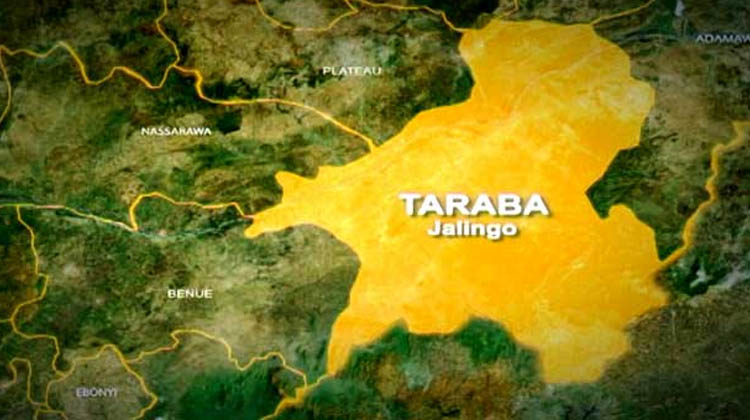The Munga Dosso community in Taraba State, Nigeria, has experienced a devastating series of attacks by suspected herders, leaving scores dead and property worth millions destroyed. In the wake of these tragic events, Robert Bukar, the community’s youth leader, has issued a fervent plea to the state government, urging the strict enforcement of the 2018 anti-open grazing law. Bukar believes this law, if properly implemented, holds the key to mitigating the persistent and deadly clashes between farmers and herders that have plagued the region. He emphasized the community’s commitment to peaceful coexistence but stressed the urgent need for government intervention to prevent further bloodshed and displacement. The underlying message is a cry for help and justice, a call for the government to fulfill its responsibility to protect its citizens and uphold the rule of law.
Beyond the immediate security concerns, Bukar’s appeal highlights a deeper sense of abandonment and betrayal felt by the community. He pointedly criticized the absence of government officials following the attacks, noting the lack of representation from federal, state, and local levels, even at the mass burial of 12 residents killed in the violence. While acknowledging the state government’s provision of relief materials, Bukar emphasized that the community’s primary need is not material assistance but solidarity and a demonstrable commitment to justice. The lack of government presence, he argues, sends a chilling message of indifference to the community’s suffering and undermines trust in the government’s ability or willingness to address the root causes of the conflict.
The Munga Dosso community’s experience reflects a larger pattern of vulnerability and marginalization faced by farming communities caught in the crossfire of farmer-herder conflicts across Nigeria. The competition for land and resources, often exacerbated by climate change and other socio-economic factors, has created a volatile environment where violence can easily erupt. The absence of effective law enforcement and a perceived lack of political will to address the underlying causes of the conflict further fuels this cycle of violence, leaving communities like Munga Dosso feeling exposed and unprotected. Their plea for the enforcement of the anti-open grazing law is not merely a call for security but a demand for recognition and a commitment to justice.
The situation in Munga Dosso also underscores the critical importance of government accountability and responsiveness in times of crisis. The community’s disappointment stems not only from the attacks themselves but also from the perceived indifference of those in positions of power. The absence of government officials in the aftermath of the violence, particularly at the mass burial, is seen as a profound sign of disrespect and disregard for the lives lost. This perceived lack of empathy exacerbates the community’s trauma and fosters a sense of alienation from the very institutions that are meant to protect them. The incident highlights the vital role of government presence and engagement in not only providing material assistance but also in offering emotional support and demonstrating a commitment to justice and accountability.
The allegations of biased law enforcement further compound the community’s sense of injustice. Bukar claims that community members are frequently arrested and imprisoned, while perpetrators of violence often go unpunished. He cites a recent incident where herders were arrested with assault rifles but released the next day, reinforcing the perception of a double standard in the application of justice. This alleged impunity not only emboldens perpetrators but also erodes trust in the legal system and the government’s commitment to protecting all citizens equally. The call for a thorough investigation by the recently constituted administrative committee of enquiry underscores the community’s desire for accountability and a genuine effort to bring the perpetrators of these attacks to justice.
In conclusion, the plea from Munga Dosso is a multi-faceted cry for help – a call for security, for justice, for recognition, and for accountability. The community’s demand for the enforcement of the anti-open grazing law is not simply a matter of policy implementation but a plea for the government to fulfill its fundamental duty to protect its citizens and uphold the rule of law. The absence of government representation in the wake of the attacks, coupled with allegations of biased law enforcement, has deepened the community’s sense of abandonment and fueled their demand for justice. Their story highlights the devastating human cost of the ongoing farmer-herder conflict in Nigeria and the urgent need for comprehensive and equitable solutions that address both the immediate security concerns and the underlying drivers of this complex crisis. The future of Munga Dosso, and indeed many other communities facing similar challenges, hinges on the government’s willingness to act decisively and justly to protect its citizens and ensure a future free from fear and violence.


